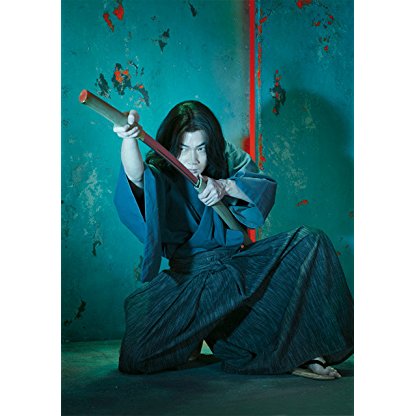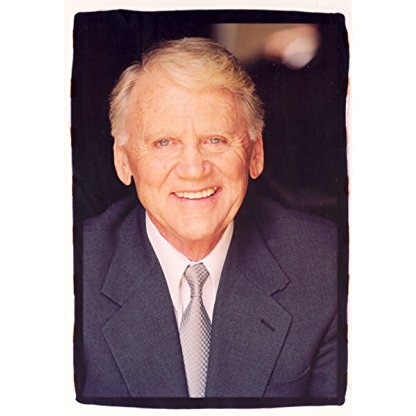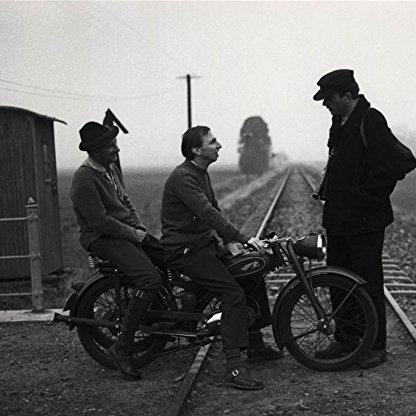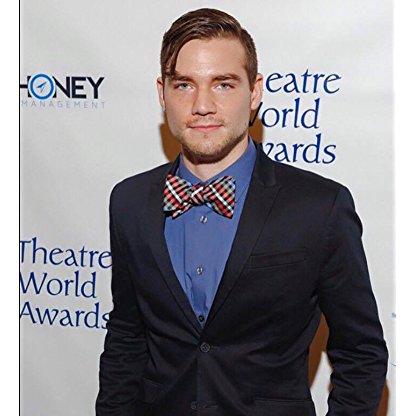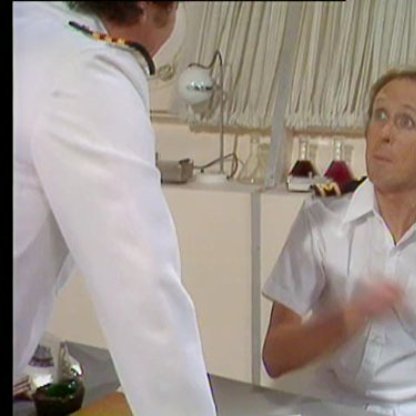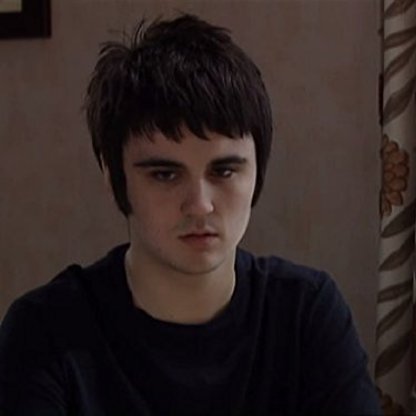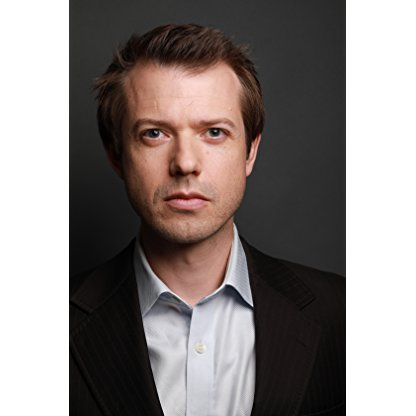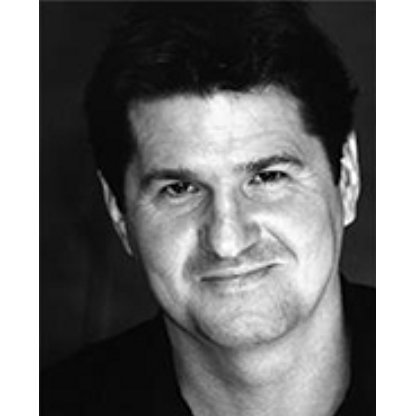He made his professional stage debut in 1924 with Henry Baynton's company. In 1924, Robert Courtneidge's Shakespearian company arrived in Halifax. Portman joined the company as a 'passenger' and appeared in their production of Richard II at the Victoria Hall, Sunderland which led to Courtneidge giving him a contract. Portman made his West End debut at the Savoy Theatre in London, in September 1924, as Antipholous of Syracuse in The Comedy of Errors. He was engaged by Lilian Baylis for the Old Vic Company. In 1928, Portman played Romeo at the rebuilt Old Vic. He became a successful theatre actor. In 1933, Portman was in Diplomacy at the Prince's Theatre with Gerald du Maurier and Basil Rathbone.
